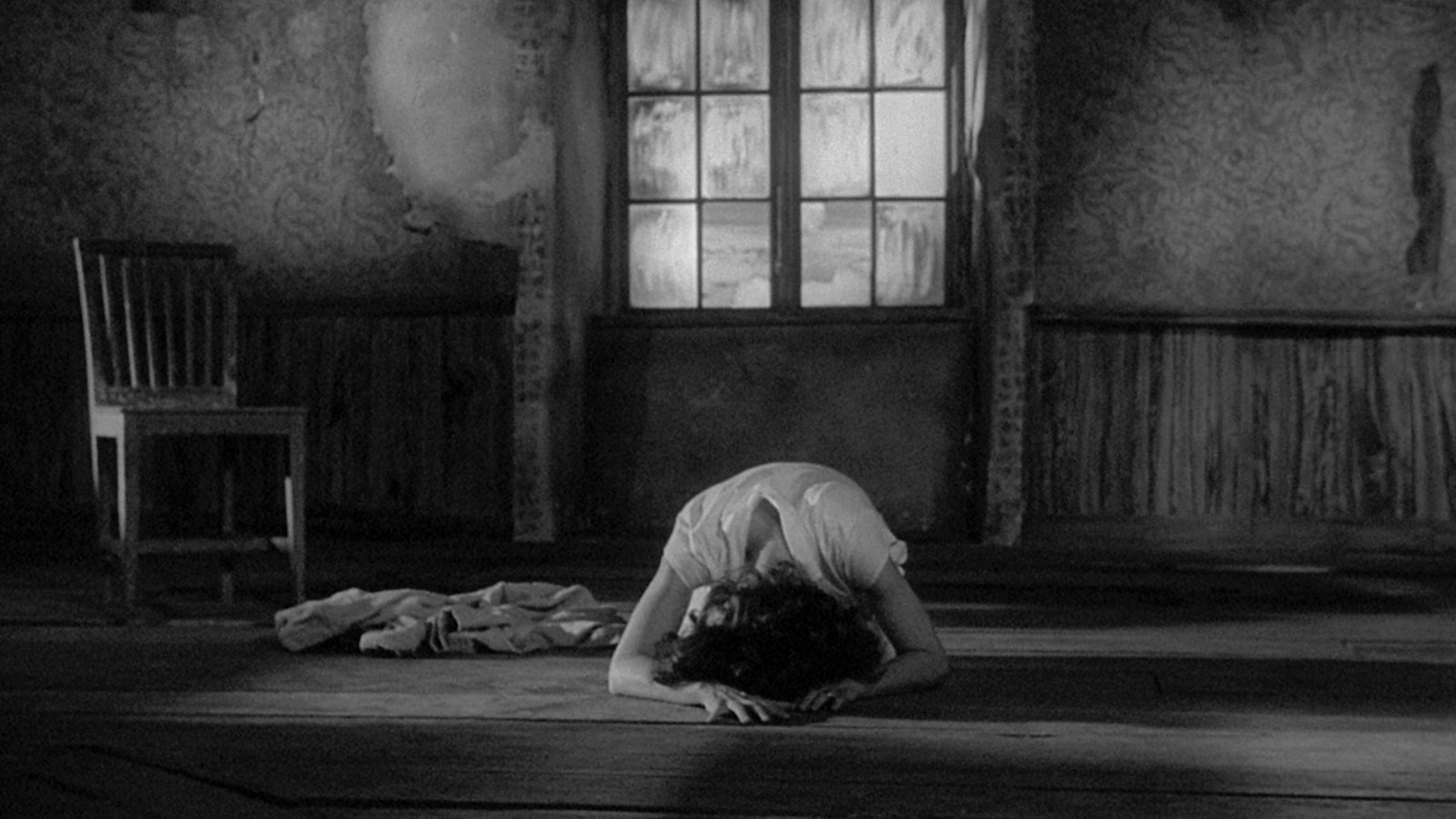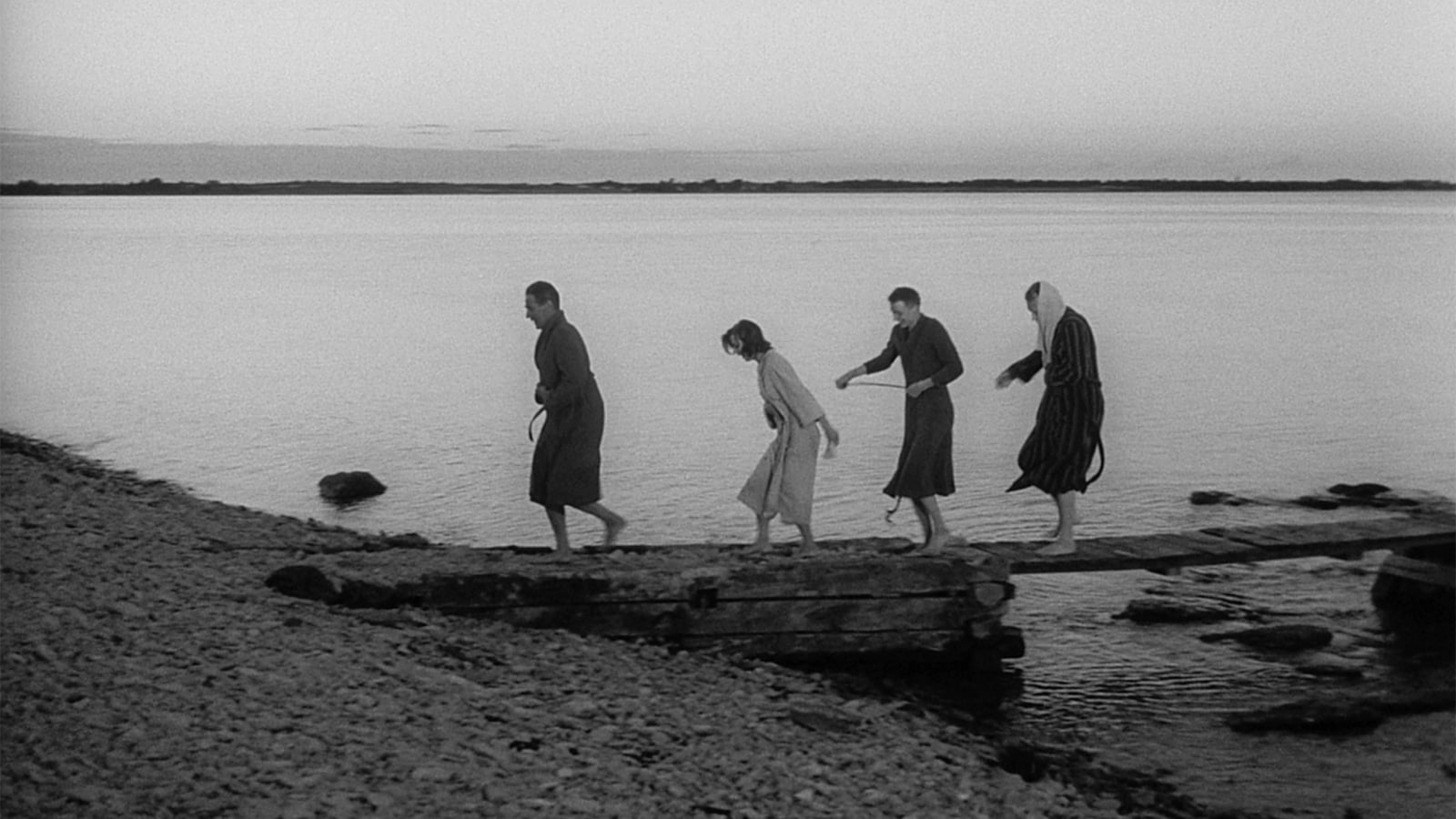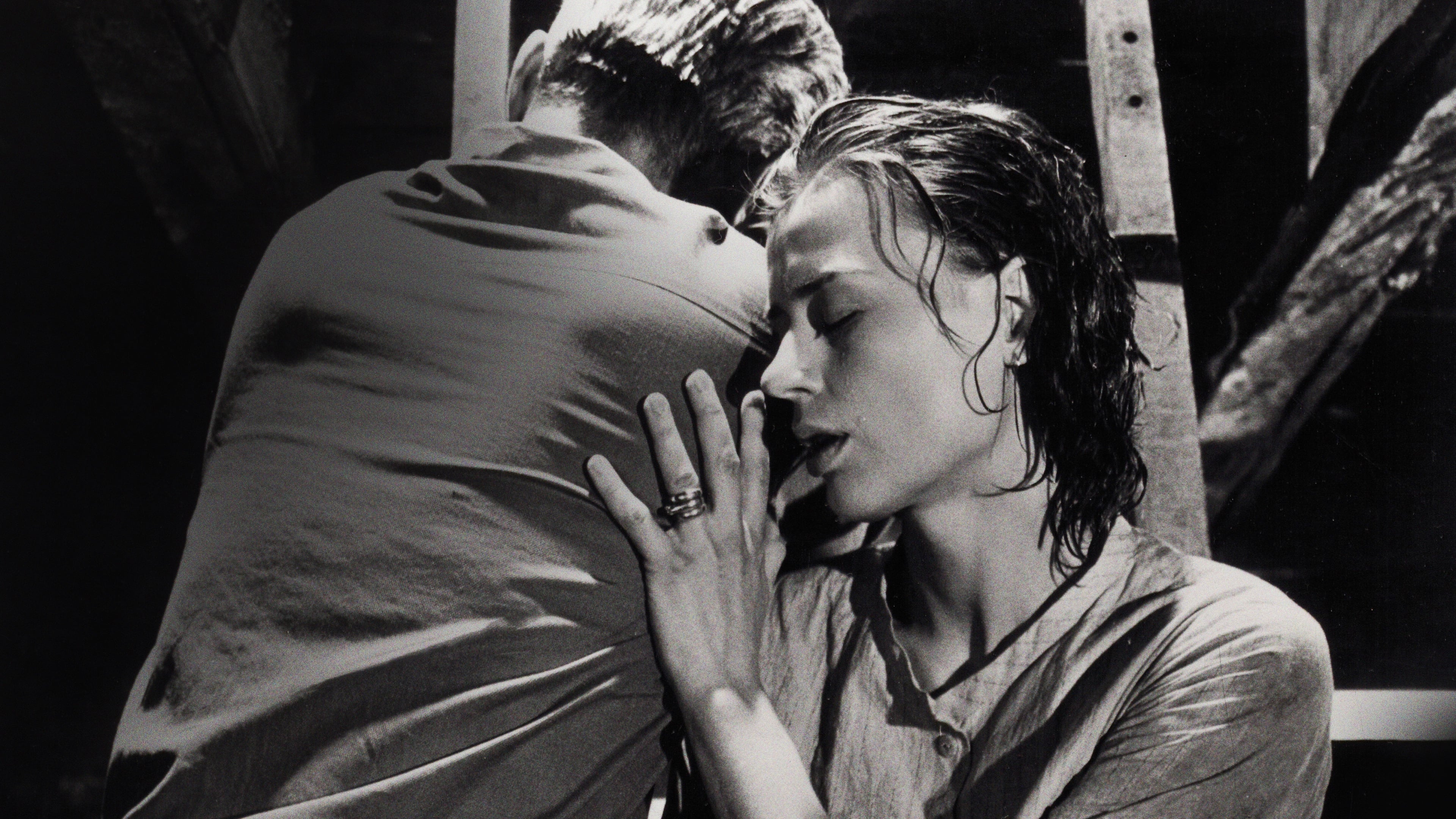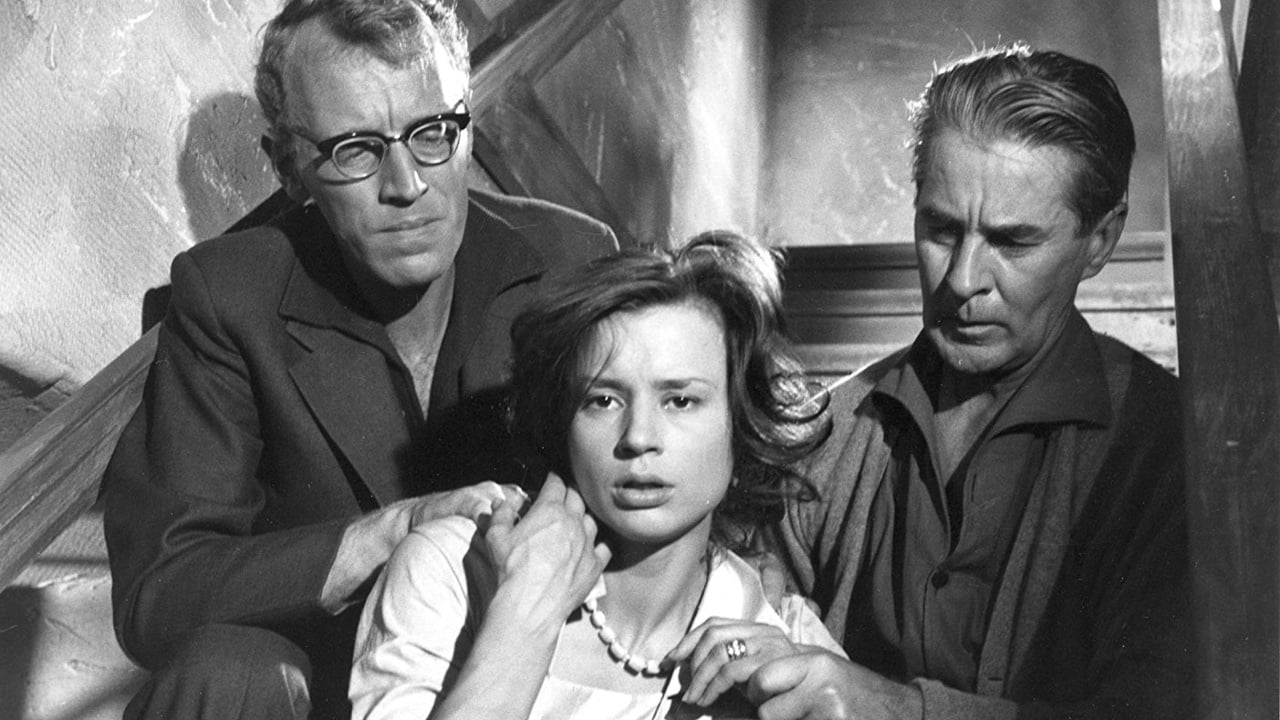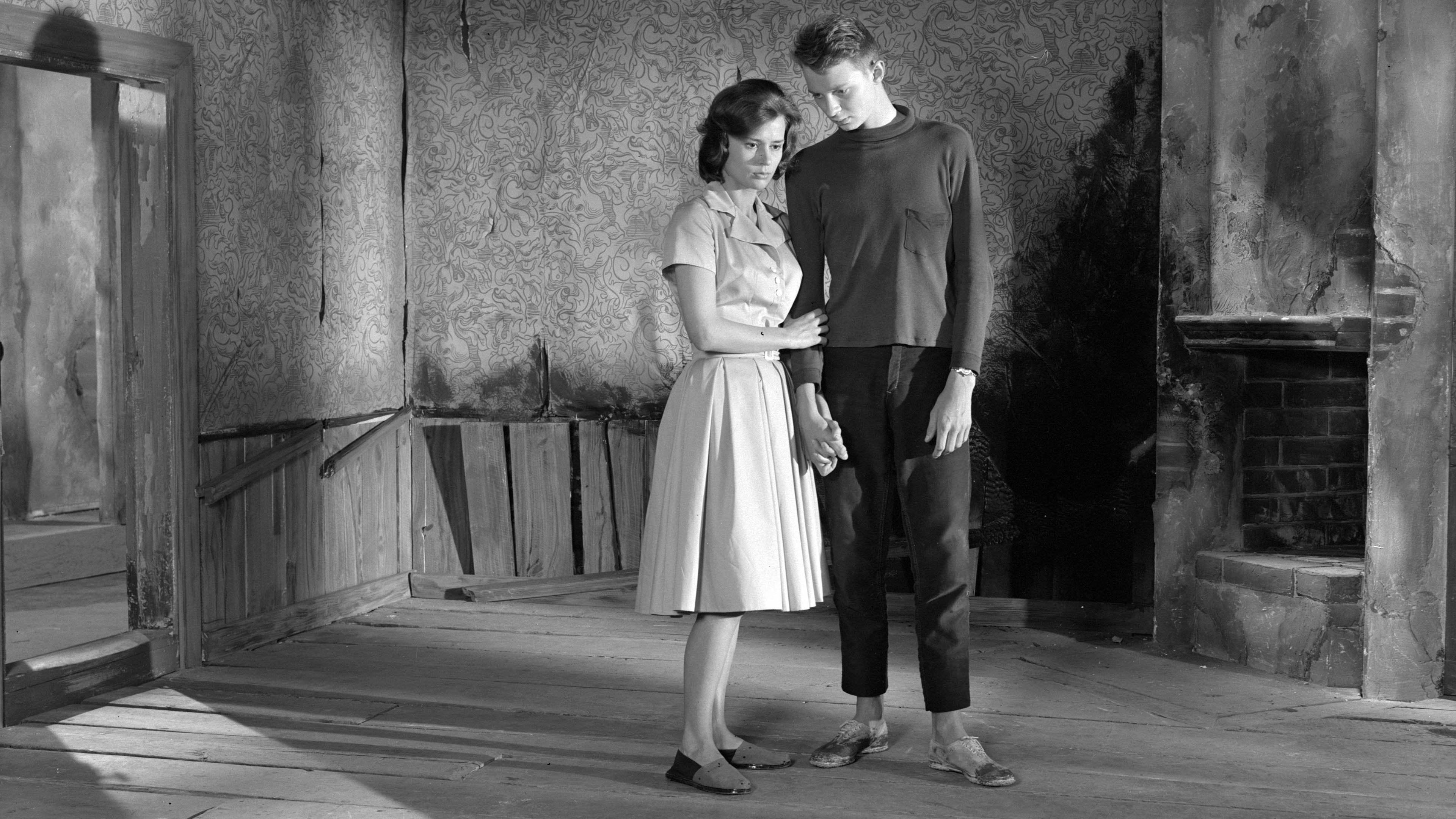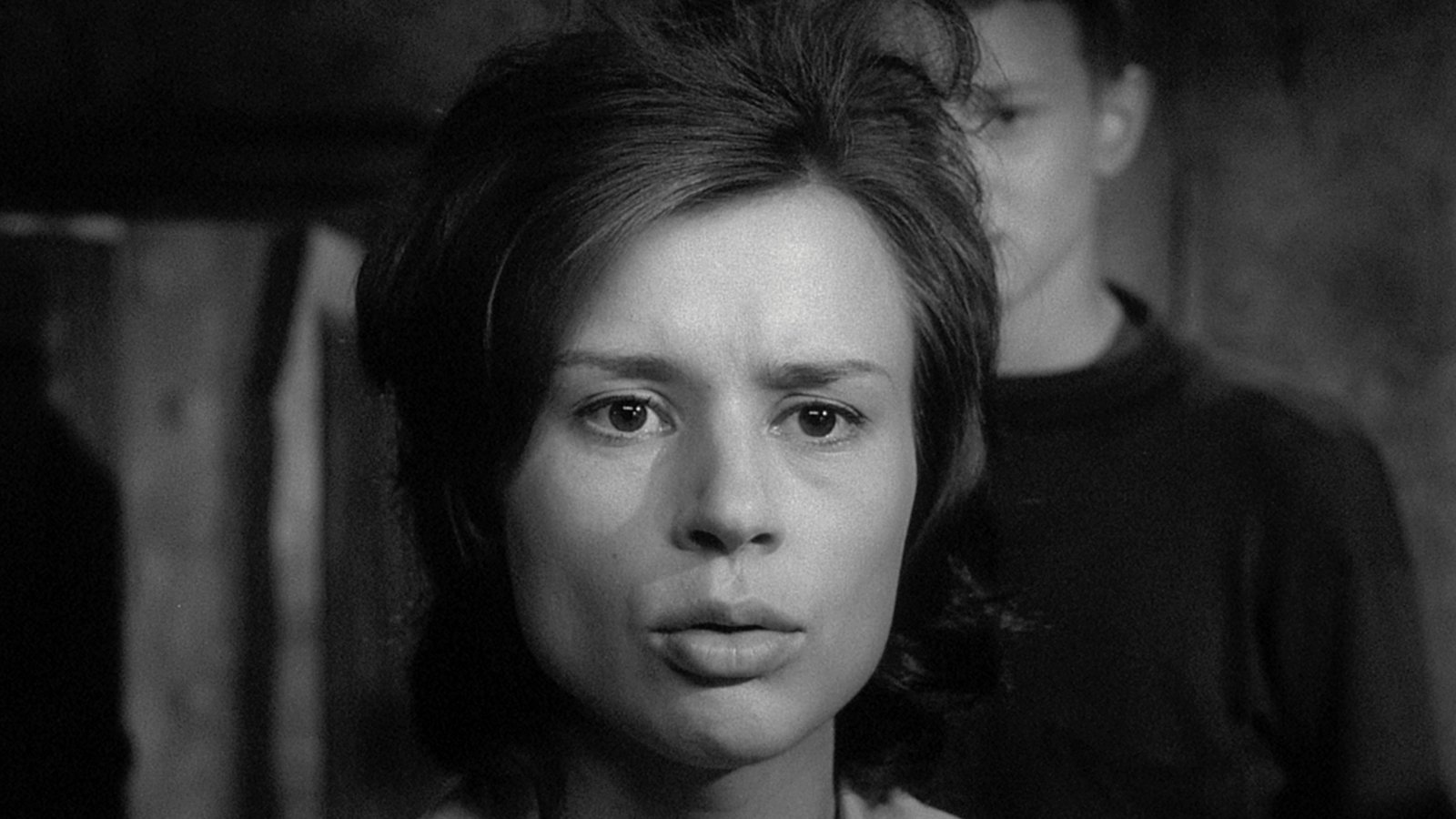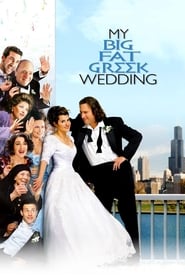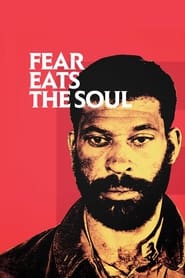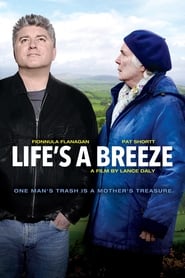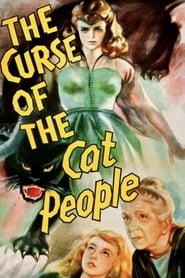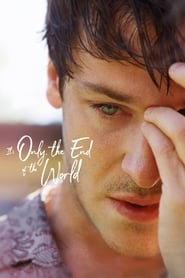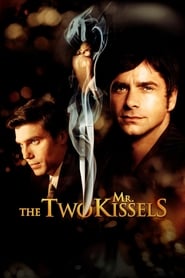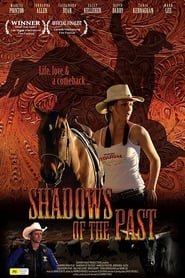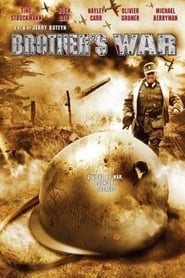
Video Sources 0 Views
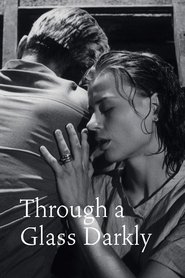
Synopsis
Watch: Såsom i en spegel 1961 123movies, Full Movie Online – Martin, , a respected doctor, his wife Karin, Karin’s seventeen year old brother Minus, and widowed father David of Karin and Minus’ have convened at the family’s summer home on an island off the coast of Sweden to celebrate David’s return from the Swiss Alps, where he was substantially completing his latest novel. The family has long lived a fantasy of they being a loving one, David’s extended absences which are the cause of many of the family’s problems. Without that parental guidance, Minus is at a confused and vulnerable stage of his life where he is a bundle of repressed emotions, most specifically concerning not feeling loved by his father and concerning the opposite sex. He is attracted to females as a collective but does not know how to handle blatant female sexuality, especially if it is directed his way. A month earlier Karin was released from a mental institution. Her doctor has told Martin that the likelihood that she will fully recover from her illness is low, her ultimate fate being that her mental state will disintegrate totally, although she has functioned well since her release. In his love for her, Martin has vowed to himself to see her through whatever she faces. As Karin begins to lose grip on reality, Minus is the one most directly affected, although it does bring out the issues all the men are facing with regard to their interrelationships..
Plot: Karin hopes to recover from her recent stay at a mental hospital by spending the summer at her family’s cottage on a tiny island. Her husband, Martin, cares for her but is frustrated by her physical withdrawal. Her younger brother, Minus, is confused by Karin’s vulnerability and his own budding sexuality. Their father, David, cannot overcome his haughty remoteness. Beset by visions, Karin descends further into madness.
Smart Tags: #brother_sister_incest #mental_illness #father_son_relationship #father_daughter_relationship #brother_sister_relationship #schizophrenia #island #vacation #father_in_law_son_in_law_relationship #husband_wife_relationship #sweden #slow_cinema #title_based_on_the_bible #electroshock_therapy #reference_to_god #existentialism #religion #psychoanalysis
Find Alternative – Såsom i en spegel 1961, Streaming Links:
123movies | FMmovies | Putlocker | GoMovies | SolarMovie | Soap2day
Ratings:
Reviews:
A truly remarkable, ageless film that makes you think
This film’s title is taken from the Bible: “For now we see through a glass, darkly; but then face to face: now I know in part; but then shall I know even as also I am known.” (1 Cor 13:12).The film is a major work of cinema and a major work of Bergman. If one looks at the body of Bergman’s films he was probably approaching his peak of artistry, which he would achieve in his next work “Winter light”, a film that Bergman himself called perfect. The reason most viewers do not grasp the importance of the magnificent “Man-God trilogy” or “the Silence trilogy” or “the Dark/Faith trilogy” (three films: “Through a glass darkly”, “Winter light”, and “the Silence”) is that the trilogy deals with the theological question of God’s existence. It is essentially a thinking person’s film. If you can reflect on what you see, these three films are a treasurea treasure that influenced major directors several decades later, specifically Kieslowski who made “Three Colors: Blue” also almost entirely based on 1 Corinthians Chapter 13, Tarkovsky who seems to have borrowed some ideas like the sudden baptismal rain from this film that he employs in “Solyaris” and “Stalker” and finally the exciting new talent from Russia Andrei Zvyagintsev (director of “The Return”, also taking a leaf from the Bergmanesque sonfather relationship). All these films seem to have been influenced by this seminal work of Bergman.
To those viewers, who are not spiritually inclined, the film could be reduced to the obvious action of Harriet Anderson’s character Karin insisting on wearing goggles as she steps out of her home to live the rest of her life in a hospital. It could easily be interpreted as a study of mental illness, a film that gives credence to the theory that god does not exist. The film can equally be interpreted as a film on mad people who feel they are in communion with god, who at other times are slaves to dark forces (voices).
On the other hand one can argue the intensity of the light is a metaphor for a sign that God existsthe basic question that troubled Bergman, the son of a priest, in real life. Even the young Minus kneels down to pray to God as the rain (baptismal?) falls suddenly. A keen viewer will note that there is no sign of rain on island or of rain drenching men in an open boat soon after the event. Only Karin’s hair is wet. All three films seek an answer that God exists from a silent, “inscrutable” (to quote a word from this film) God to whom millions pray. “Through a glass darkly” opens with a shot of the almost still, dark waters of the sea mirroring the sky. The film ends with several references of light. For the cynical, Bergman was disillusioned and felt that God was a “spider” (the intriguing image for the DVD covers of the three films), a reference to Karin’s outburst towards the end of the film. If Bergman, was truly disillusioned, would he have added the final epilogue where the father tells his son “God exists in love, in every sort of love, maybe God is love.” These last words make the son say my father has “talked to me” the penultimate words of the filma seemingly spiritual response even Jesus on the cross wanted (“Father, father, why hast thou forgotten me?”) before he died.
It would be ridiculous to see this work merely as a film seeking answers to God’s existence. Like “Three colors: Blue”, this is a film on love. There is the undiluted love of an atheist husband (shades of Bergman?) for his ailing wife (note the film is dedicated to Kabi, Bergman’s wife at a point when divorce was looming large). There is love of a father for his daughter, son and son-in-law triggered by a failed suicide attempt (only recalled in the film). There is love between siblings.
The film is also about marriage. Visually, the film emphasizes the wedding ring in the scenes involving husband (the camera captures the wedding ring on the finger several times) and wife (she puts it on after she washes her face). The son asks with an innocent cockiness of the father who has recently divorced his second wife Marianne (never shown on screen) if “he has lost all stability, spiritually”? Structurally Bergman doffs his cap to Shakespeare by adding a one act play within the film on the lines of “Hamlet” to drive home a point to the father and his illusion of love for his perfect work of art at the expense of depriving love for his near and dear.
In more ways than one, this is a thinking person’s film. After viewing the film several times, one is in awe of this filmmaker so prolific, so perfect and so sensitive. What he has written for cinema can be compared to the output of great writers like Tolstoy and Shakespeare. He was truly a genius. I do agree with Bergman when he avers that the three films in the trilogy are not connected and are stand alone films. The only common link among the three films is Bergman’s personal quest for a response from a silent God that his father believed in and in whom Bergman was brought up to believe in. These are not films of an atheist but works from a genius “flirting with God” to quote from the film itself.
Many years after he made the film, Bergman was uncomfortable with the final scene. The doubting Thomas in Bergman had resurfaced. Yet he never reworked on the film. The film has much to offer for a student of cinema: it is made of fine photography, art direction, acting, scriptwriting, editing and sound (Bach plus the horn of the lighthouse). Undoubtedly one of Bergman’s finest works, it anticipates the perfect “Winter light,” the next film that Bergman wrote and directed.
Review By: JuguAbraham
Other Information:
Original Title Såsom i en spegel
Release Date 1961-06-06
Release Year 1961
Original Language sv
Runtime 1 hr 30 min (90 min)
Budget 0
Revenue 0
Status Released
Rated Not Rated
Genre Drama
Director Ingmar Bergman
Writer Ingmar Bergman
Actors Harriet Andersson, Gunnar Björnstrand, Max von Sydow
Country Sweden
Awards Won 1 Oscar. 3 wins & 5 nominations total
Production Company N/A
Website N/A
Technical Information:
Sound Mix Mono
Aspect Ratio 1.37 : 1
Camera N/A
Laboratory Film-Teknik, Stockholm, Sweden (as Film-Teknik)
Film Length N/A
Negative Format 35 mm
Cinematographic Process Spherical
Printed Film Format 35 mm
Original title Såsom i en spegel
TMDb Rating 7.833 396 votes
Director
Director


